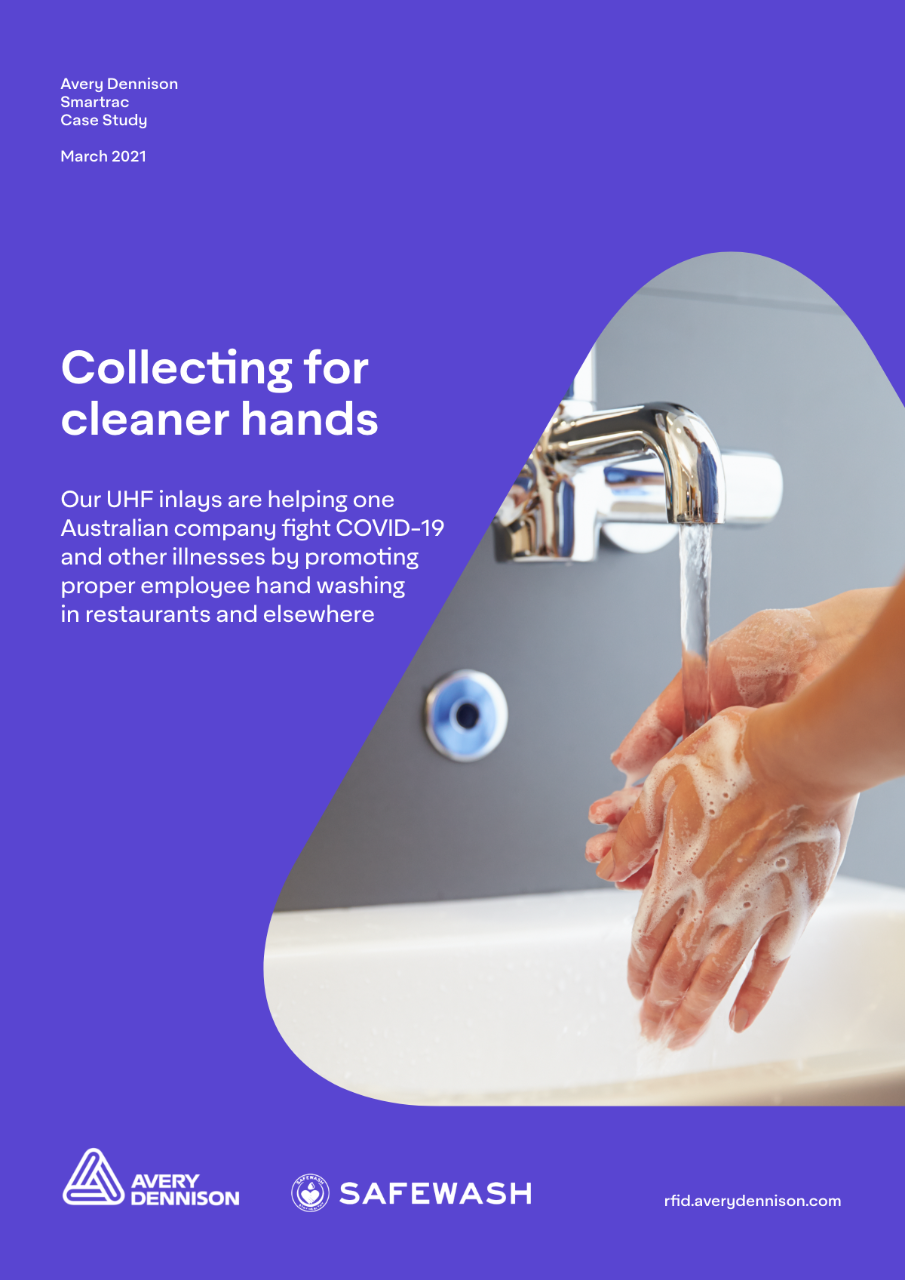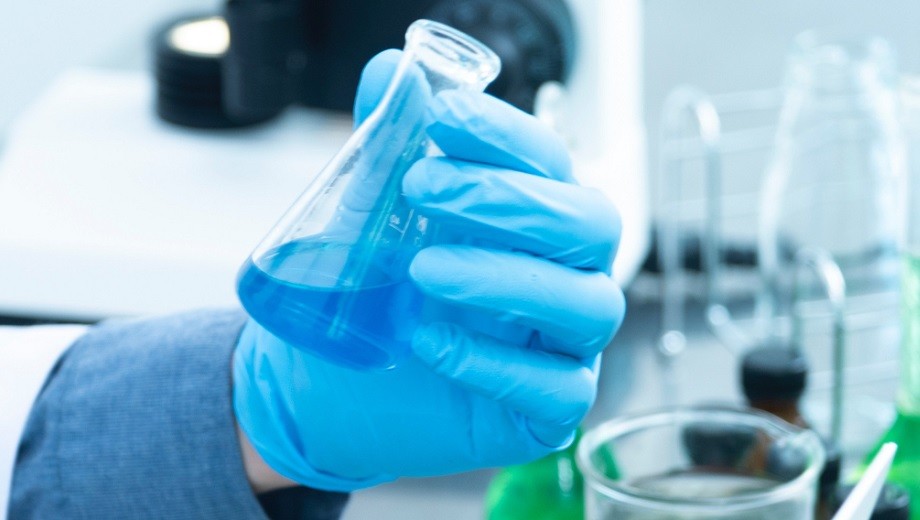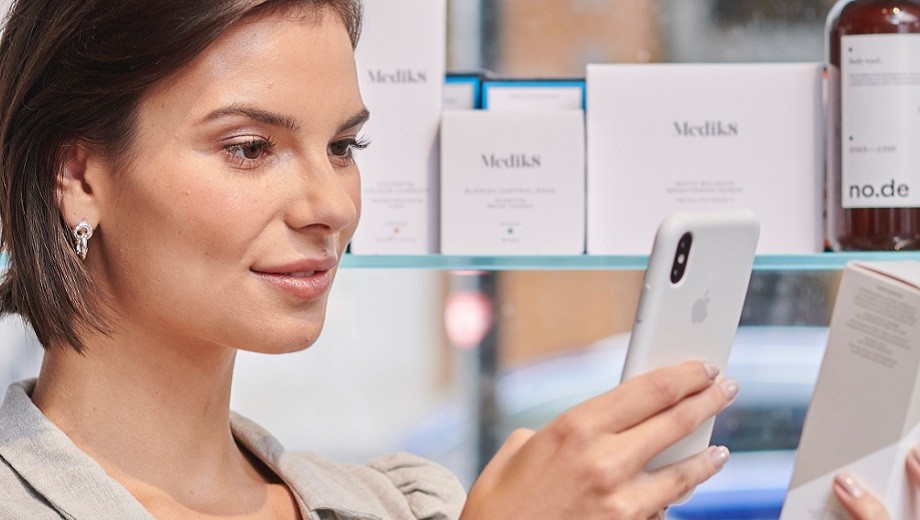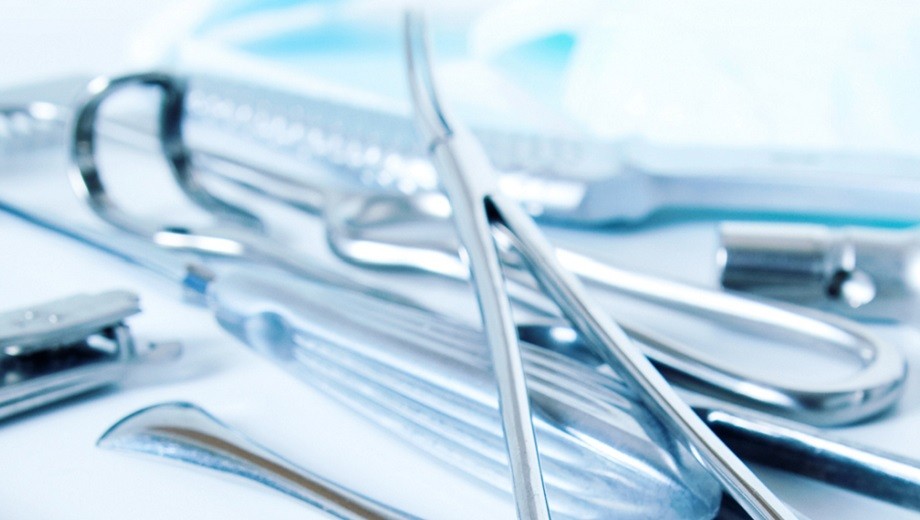COVID-19 test kits: When authenticity is king, NFC plus blockchain is the way to go
For COVID-19 control and reliable testing, authentic testing kits and personal protective equipment (PPE) are truly vital. Together with blockchain startup SUKU, Avery Dennison Smartrac developed a digital verification solution to securely authenticate healthcare equipment and provide supply chain transparency.





